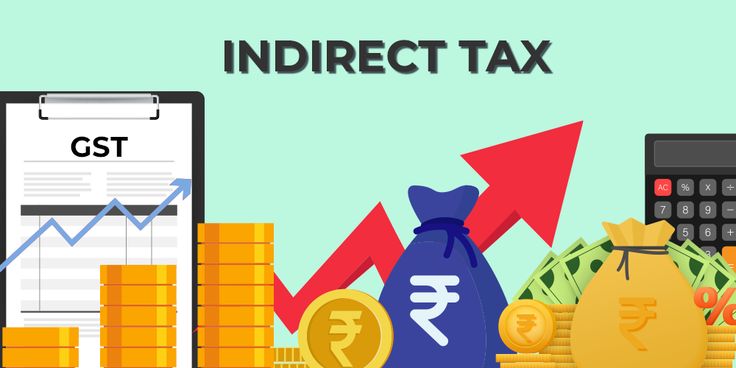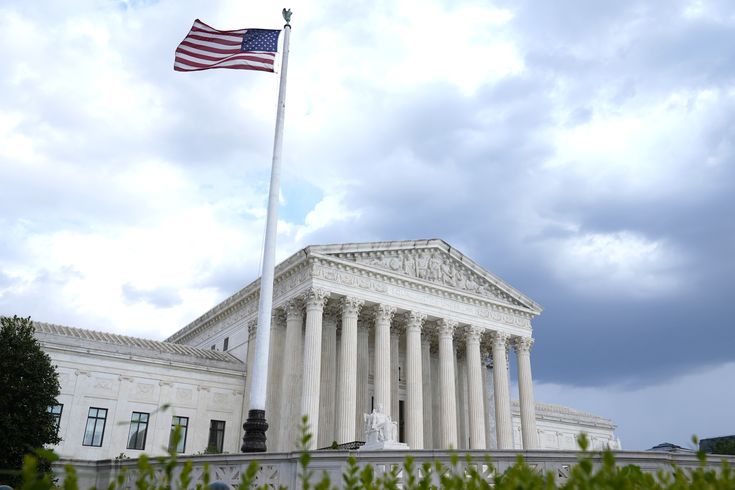The Supreme Court has made a historic ruling that could end the practice of tax sales, where homeowners lose their properties and the equity they’ve built over time. This decision ensures that homeowners receive compensation for the equity in their homes beyond the amount of delinquent taxes owed.
It marks a major shift in how tax delinquency cases are handled and could bring justice to many homeowners who have suffered under an unfair system.
Let’s explore the implications of this ruling, the issues it addresses, and how it changes the landscape for both homeowners and investors.
Understanding Tax Sales and Equity Forfeiture
Tax sales have long been a controversial practice in which local governments sell properties to recover unpaid taxes. When a homeowner fails to pay property taxes, the local government places a lien on the property.
Investors can then purchase these liens, often for a fraction of the property’s value. Investors gain the right to collect the delinquent taxes plus interest or, in some cases, take possession of the property.
The most concerning aspect of this process is that homeowners lose both their property and the equity they have built. For example, a homeowner might owe $5,000 in taxes on a home worth $200,000.
Under the previous system, the government could sell the home to an investor, and the homeowner would receive nothing, even though the property’s value far exceeded the tax debt.
This practice has faced criticism for exploiting financially vulnerable homeowners and incentivizing local governments and investors to profit from people’s misfortunes.

The Supreme Court’s Decision
In its ruling, the Supreme Court declared that governments cannot confiscate homeowners’ equity without providing fair compensation. The ruling is based on the Constitution’s Takings Clause, which prevents the government from seizing private property for public use without just compensation.
This decision directly challenges the legality of seizing entire properties for tax debts that are a small fraction of the property’s value. Now, homeowners are entitled to any amount above the delinquent taxes and associated costs once the property is sold. The ruling ensures that:
- Homeowners receive compensation for their equity. They will no longer lose the full value of their homes over a relatively small tax debt.
- Governments must adjust their tax practices. Local governments can no longer justify inequitable property seizures as part of the tax collection process.

What This Means for Homeowners
This ruling is a huge win for homeowners, especially those struggling to pay property taxes. The benefits include:
- Protection of Home Equity: Homeowners will no longer lose all the equity they’ve built in their homes due to tax debts.
- Less Exploitation: The ruling will reduce the practice of targeting homes with significant equity for tax sales.
- More Negotiating Power: Homeowners will now have more options to work out solutions for paying back taxes without the fear of losing their homes.

Implications for Investors and Governments
While this decision benefits homeowners, it will change things for investors and local governments:
- Investors may see reduced profits. Tax lien buyers can no longer acquire properties for a fraction of their market value and then sell them for large profits.
- Governments will need to revise tax collection methods. Local governments will have to adjust their strategies for collecting delinquent taxes, possibly reducing reliance on tax lien sales.
- Investors may focus on debt collection. Instead of taking homes, investors may pursue more traditional methods of collecting delinquent taxes.

Potential Challenges and Future Developments
Even though this ruling marks a positive change, some challenges remain:
- Determining Fair Market Value: Disputes could arise over what constitutes the fair market value of a property during a forced sale.
- Changes in Government Fees: Local governments might implement new fees to cover administrative costs, which could reduce the amount of compensation homeowners receive.
- Enforcement of the Ruling: Ensuring that local governments and investors comply with the ruling will require strong oversight.

Broader Implications
This decision may spark broader changes in property rights and tax collection practices. It underscores the importance of protecting vulnerable citizens and ensuring government policies respect constitutional principles.
Homeowners may feel empowered to challenge other unfair practices, such as inflated property tax assessments or wrongful foreclosures.

Final Thoughts
The Supreme Court’s ruling that protects homeowners’ equity is a major victory for property rights. It ends the practice of confiscating entire properties for small tax debts and guarantees that homeowners will be fairly compensated for the value they’ve built in their homes.
Though the full impact of this ruling will unfold in the coming years, it’s clear that the era of taking homes for pennies on the dollar is coming to an end. The ruling reaffirms the principle that private property cannot be taken without fair compensation, protecting one of the most basic rights of American citizens.
Clark is a 26-year-old expert working for consumer protection, Clark has dedicated years to identifying and exposing fraudulent schemes. He is working with NGOs to help people who are victims of scams. In his free time, Todd plays football or goes to a bar.







